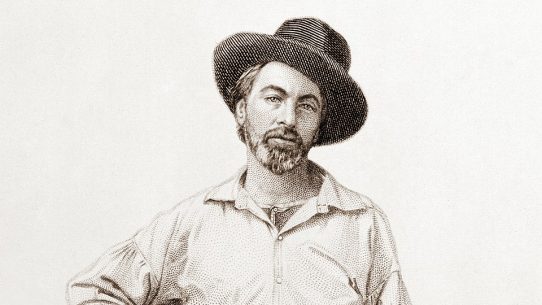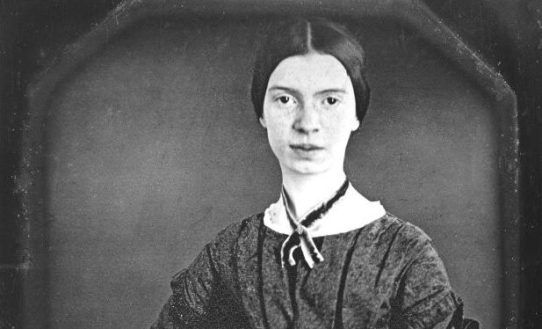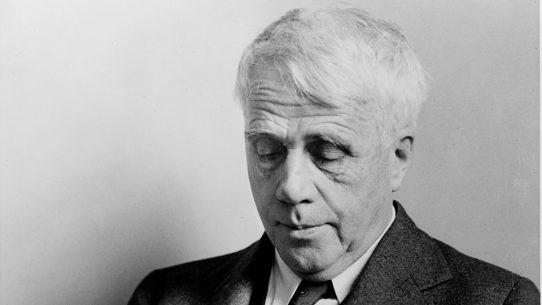Born: May 25, 1803, Boston, Massachusetts, United States
Died: April 27, 1882, Concord, Massachusetts, United States
Nationality: American
Literary Period/Movement: Transcendentalism, American Romanticism
Introduction
Ralph Waldo Emerson (1803–1882) was an American essayist, poet, and philosopher whose ideas defined the Transcendentalist movement. His belief in self-reliance, spiritual independence, and the sanctity of nature reshaped American thought and inspired generations of writers and thinkers.
Early Life and Education
Born in Boston into a family of ministers and intellectuals, Emerson grew up in an environment of learning and faith. He entered Harvard College at the age of fourteen and later studied at Harvard Divinity School, following his father’s path into the ministry. In 1829, he was ordained as a Unitarian minister and married Ellen Louisa Tucker, whose early death in 1831 deeply affected him and prompted a spiritual transformation.
Disillusioned with organized religion, Emerson resigned his pulpit and traveled to Europe, where he met leading intellectuals such as William Wordsworth, Samuel Taylor Coleridge, and Thomas Carlyle. These encounters strengthened his faith in individual intuition and the unity of all creation.
Literary Career and Major Works
Returning to New England, Emerson settled in Concord, Massachusetts, where he began writing and lecturing on philosophy, literature, and religion. His 1836 essay Nature became the foundational text of Transcendentalism, asserting that divine truth could be found in the natural world and in the individual soul rather than through institutions.
His most famous essays — including Self-Reliance (1841), The Over-Soul (1841), and Circles (1841) — called for spiritual and intellectual independence. As a poet, Emerson explored similar themes in works such as Brahma, The Rhodora, and Each and All, blending moral reflection with natural imagery.
Through his lectures and writings, Emerson became the moral and intellectual leader of American Transcendentalism, influencing contemporaries such as Henry David Thoreau, Margaret Fuller, and Walt Whitman.
Style, Themes, and Influence
Emerson’s writing style combined poetic language with philosophical insight. His prose often shifts between meditation and declaration, filled with metaphor and aphorism. Central to his thought are the ideas of individual freedom, the inherent goodness of humanity, and the unity of the material and spiritual worlds.
His emphasis on self-reliance and nonconformity became a cornerstone of American identity. Writers, reformers, and artists alike drew inspiration from his conviction that each person is capable of divine insight. His work helped lay the foundation for modern American individualism and environmental thought.
Later Life and Legacy
In his later years, Emerson continued to lecture widely despite declining health and memory. He remained an influential public figure in Concord, where his home became a gathering place for thinkers and writers. He died in 1882, the same year as his friend Henry Wadsworth Longfellow.
Today, Emerson is remembered as a central figure in American letters — a philosopher-poet whose faith in the individual spirit continues to shape literature, education, and thought. His essays remain among the most quoted works in the English language.
Notable Works
- Nature (1836)
- Essays: First Series (1841)
- Essays: Second Series (1844)
- Poems (1847)
- Representative Men (1850)
- The Conduct of Life (1860)
Related Poets
Henry Wadsworth Longfellow, Walt Whitman, Henry David Thoreau




